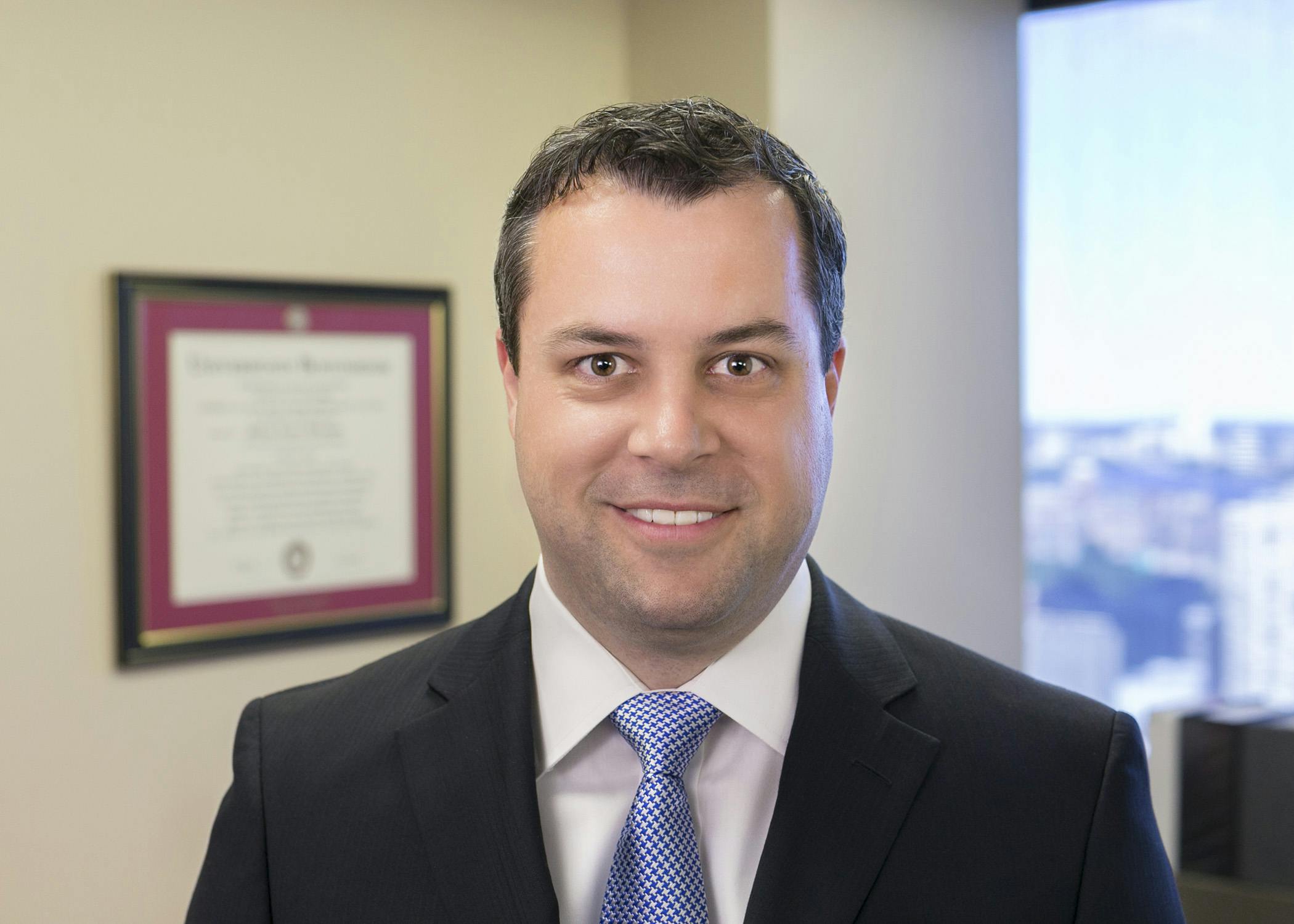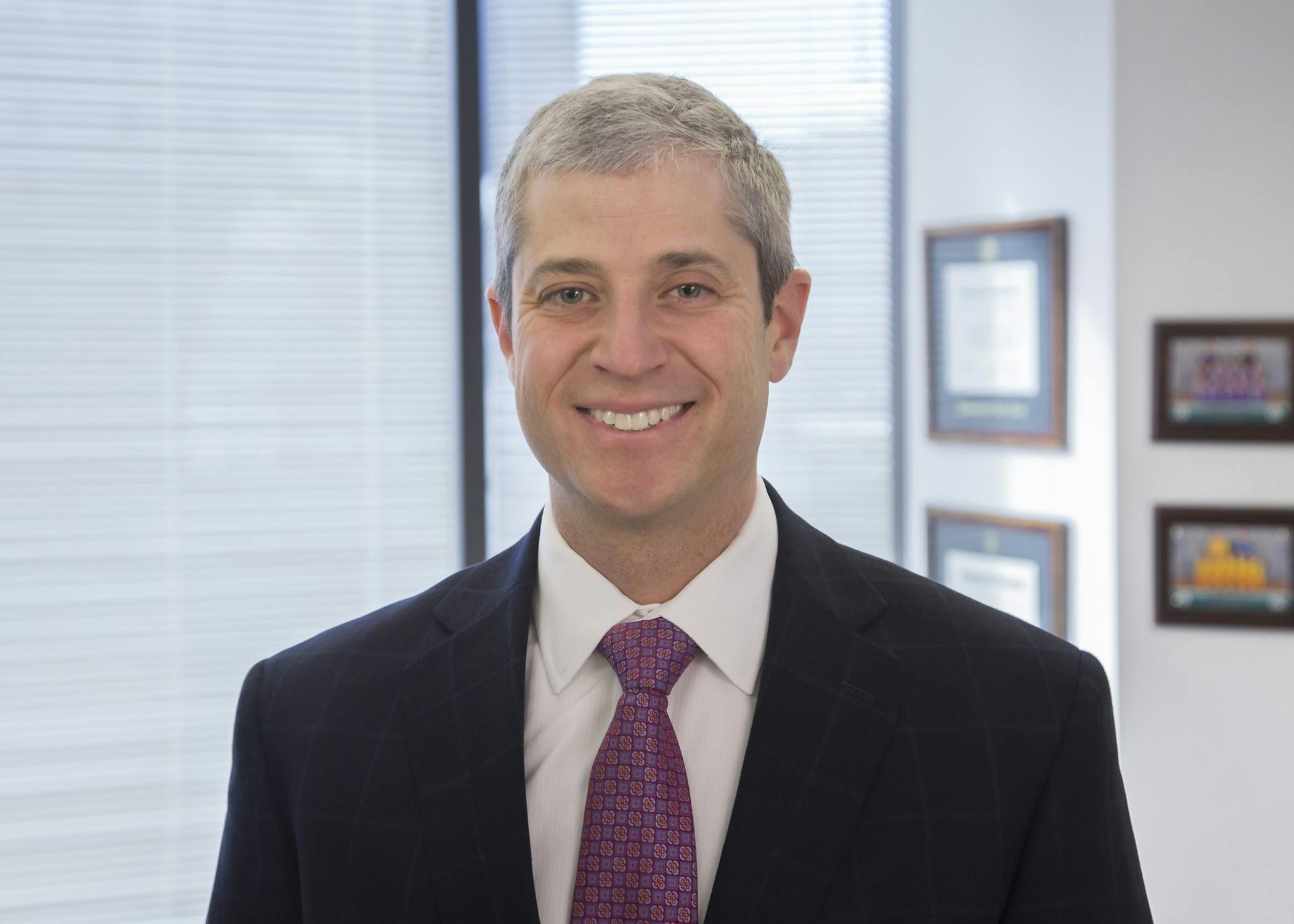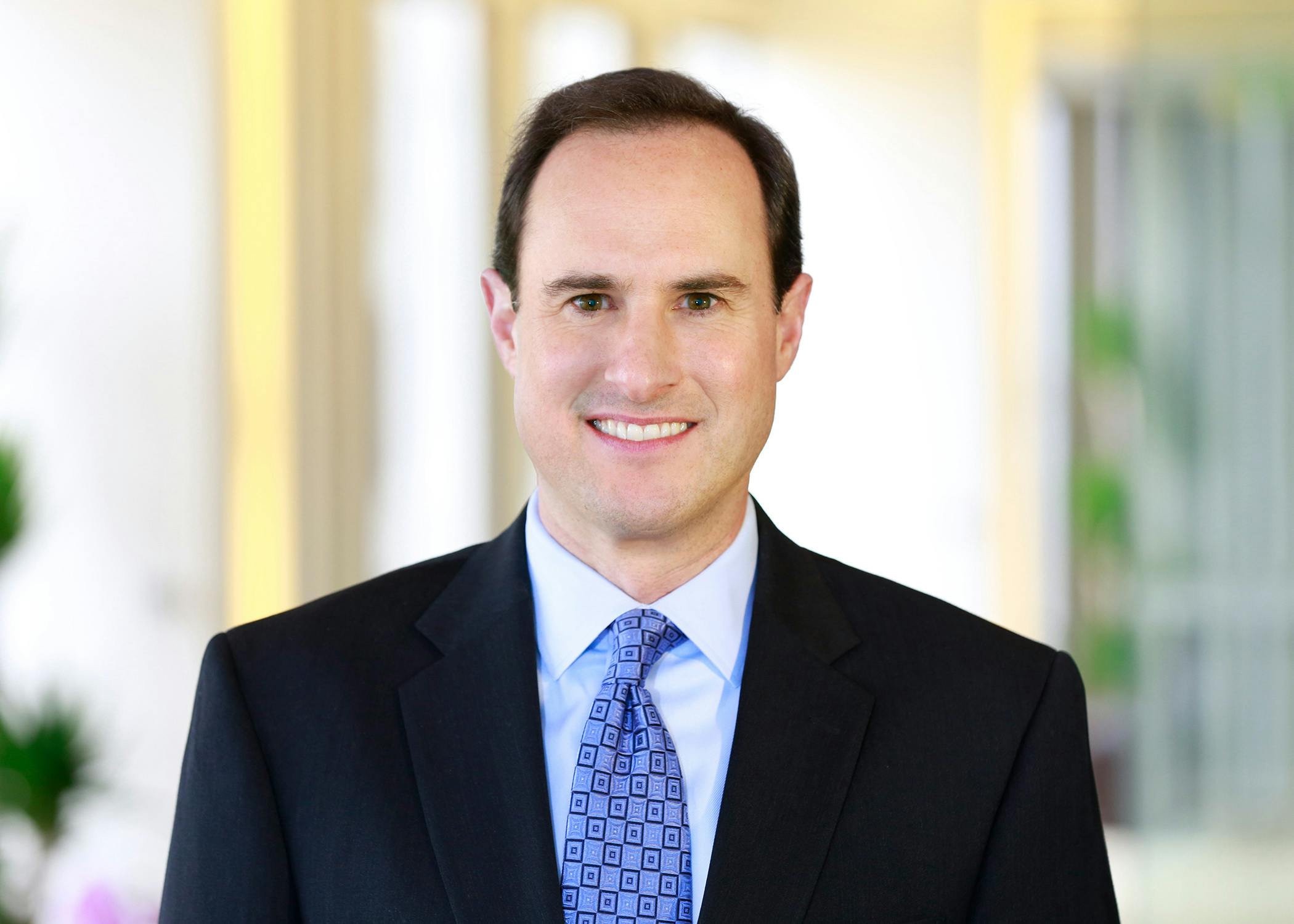Non-Compete & Trade Secrets
Our nationwide, cross-practice team is well-equipped to help you safeguard your valued employees, innovative products, and key customer and vendor relationships.
/Overview
Protecting trade secrets is crucial for businesses, as these confidential pieces of information serve as the cornerstone of corporate strategy, and important assets that offer substantial competitive advantages. Preserving these proprietary insights shields companies from imitation and replication by competitors, safeguarding their unique market position and innovations. We also ensure our clients' operations do not inadvertently give rise to allegations of misappropriation from others.
Our attorneys offer strategic legal guidance in labor and employment law, commercial law, data privacy, and intellectual property, addressing a variety of legal challenges. We have extensive experience in trade secret laws, including state-specific methods for enforcing confidentiality, non-solicit, and non-compete agreements, as well as the Defend Trade Secrets Act, the Uniform Trade Secrets Act, and the Computer Fraud and Abuse Act.
Safeguarding trade secrets reinforces legal compliance and regulatory adherence, mitigating risks associated with intellectual property disputes and unauthorized disclosures. Challenges often emerge when employees depart to launch new ventures or join competitors. We provide the strategic counsel needed to preemptively address associated challenges and adeptly navigate them when they arise.
/Representative Experience
- CVS Caremark: Represented the retail and healthcare company in a non-compete dispute involving a former executive who joined Amazon’s mail-order drug unit. We successfully secured a preliminary injunction blocking the former executive from working for Amazon’s Pillpack.
- VeriFone: Defended the electronic payment transactions company in an action alleging misappropriation of trade secrets involving pay-at-table software solutions for real-time communication via Wi-Fi networks for credit card terminals and point-of-sale systems. The case settled.
- W.B. Mason: Defended the business products company and its employees in numerous federal lawsuits filed by one of the largest suppliers of office products and services, alleging breach of non-compete agreements and misappropriation of trade secret and confidential information.
/Recognition
- Ranked in The Legal 500 United States for Trade Secrets (litigation and non-contentious matters) 2025
Our Team
See Full TeamMatthew T. McLaughlin
Partner / Co-Leader, Non-Compete & Trade Secrets- Boston
- Office:+1 617.345.6154
- mmclaughlin@nixonpeabody.com

-
Robert A. Weikert
Partner / Office Managing Partner, San Francisco- San Francisco
- Office:+1 415.984.8385
- rweikert@nixonpeabody.com

-





